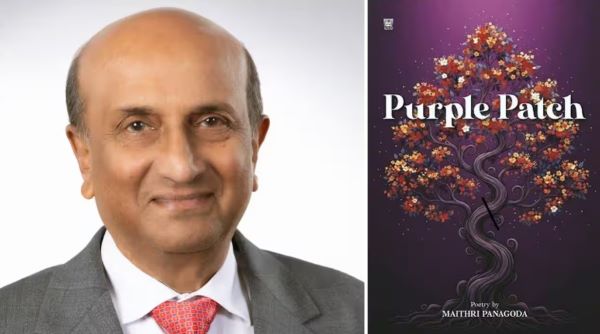Salt and Your Daily Diet – By Dr Harold Gunatillake


Overview:
Our bodies need a small amount of salt — the U.S. government recommends one teaspoon per day if you are a healthy adult. Among other functions, the sodium ions from the savoury mineral help regulate water movement within the body and conduct nerve impulses. But most Americans overeat salt. Some research indicates that in addition to high blood pressure, overconsumptionof sodium can damage the liver.
Excessive salt in your diet can have serious adverse effects. High salt intake impacts your health and can lead to various medical conditions. It’s essential to be aware of the salt levels in your food to promote better well-being. Remember, while salt is a necessary electrolyte, similar to potassium and other micronutrients, it should be consumed in moderation, and it’s up to you to make responsible choices.
It is an essential electrolyte that helps maintain fluid balance, support nerve function, and aids in muscle contractions,
The daily requirement of salt:
The body needs about 500 mg of sodium daily, roughly equivalent to 1,250 mg. Health organisations recommend limiting sodium intake to less than 2,300 mg (about one teaspoon of salt) daily.
If you regularly consume too much salt, adding more at the dining table can harm your body. It has short-term effects, such as water retention, which can lead to bloating and swelling. It can also temporarily raise blood pressure and cause intense thirst.
Long-term Effects: Chronic high salt intake is linked to high blood pressure, which increases the risk of heart disease, stroke, kidney disease, and heart failure. It may also raise the risk of stomach cancer and osteoporosis.
A high salt diet can damage your liver cells:
A high-salt diet can damage the liver by causing several changes, including:
Cell death: Too much salt can increase cell death in the liver.
Cell division: Too much salt can decrease cell division in the liver.
Cell shape: Too much salt can cause cells in the liver to become misshapen.
Fibrosis: Too much salt can lead to liver fibrosis, which occurs when there is a buildup of proteins that support liver cells.
Oxidative stress: Too much salt can upset the balance betweenantioxidants and reactive oxygen species (free radicals), leading to inflammation and liver cell death.
Autoimmune disease: Too much salt can drive autoimmune disease by inducing pathogenic cells.
People with liver disease are often advised to follow a low-sodium diet.
Scientists have reported a new animal study that found that a high-salt diet might also contribute to liver damage in adults and embryos. The study appears in the ACS Journal of Agricultural and Food Chemistry.
Excess salt intake can harm your kidneys
A high salt diet can harm your kidneys in several ways, including: Increased blood pressure A high-salt diet unequivocally elevates blood pressure, which puts significant strain on your kidneys and dramatically increases your risk of heart disease and stroke.
Reduced Kidney Function Excessive salt consumption severely impairs your kidneys’ ability to filter water and eliminate waste from your blood, leading to devastating consequences like kidney disease.
Protein in Urine A diet high in salt directly increases the amount of protein in your urine, a clear warning sign of declining kidney function.
Kidney Disease Progression For those already facing kidney problems, a high-salt diet accelerates the progression of kidney disease at an alarming rate
How do you flush salt out of your kidneys?
Take Plenty of Fluids: Drinking plenty of water helps dilute sodium levels and promotes kidney function to expel excess sodium.
Salt Sensitivity
It’s crucial to understand that salt sensitivity varies from person to person. Middle-aged or older individuals, as well as those who are overweight or obese and Black, are significantly more likely to experience this sensitivity. Your doctor or dietitian may recommend a low-sodium diet if you have kidney disease. You can also try flavouring your food with herbs and spices instead of salt.
Bread eaters- beware

Bread is the largest source of dietary sodium in the US and many other countries worldwide.
Bread is the top contributor of dietary sodium in the US and many other countries worldwide. A new World Action on Salt and Health analysis, based at Queen Mary University of London, helps us understand why.
“Bread is an essential staple food in many countries but is still a key source of salt in our diets due to the frequency with which we eat bread,” said Mhairi Brown, a nutritionist at World Action on Salt and Health, in a statement. “Globally, we must do more to reduce salt intake, and a simple way to do this is to lower salt in our staple
foods.”
I hope this article provides adequate information about salt consumption in the diet, related complications, and the importance of being aware of it.
End




















